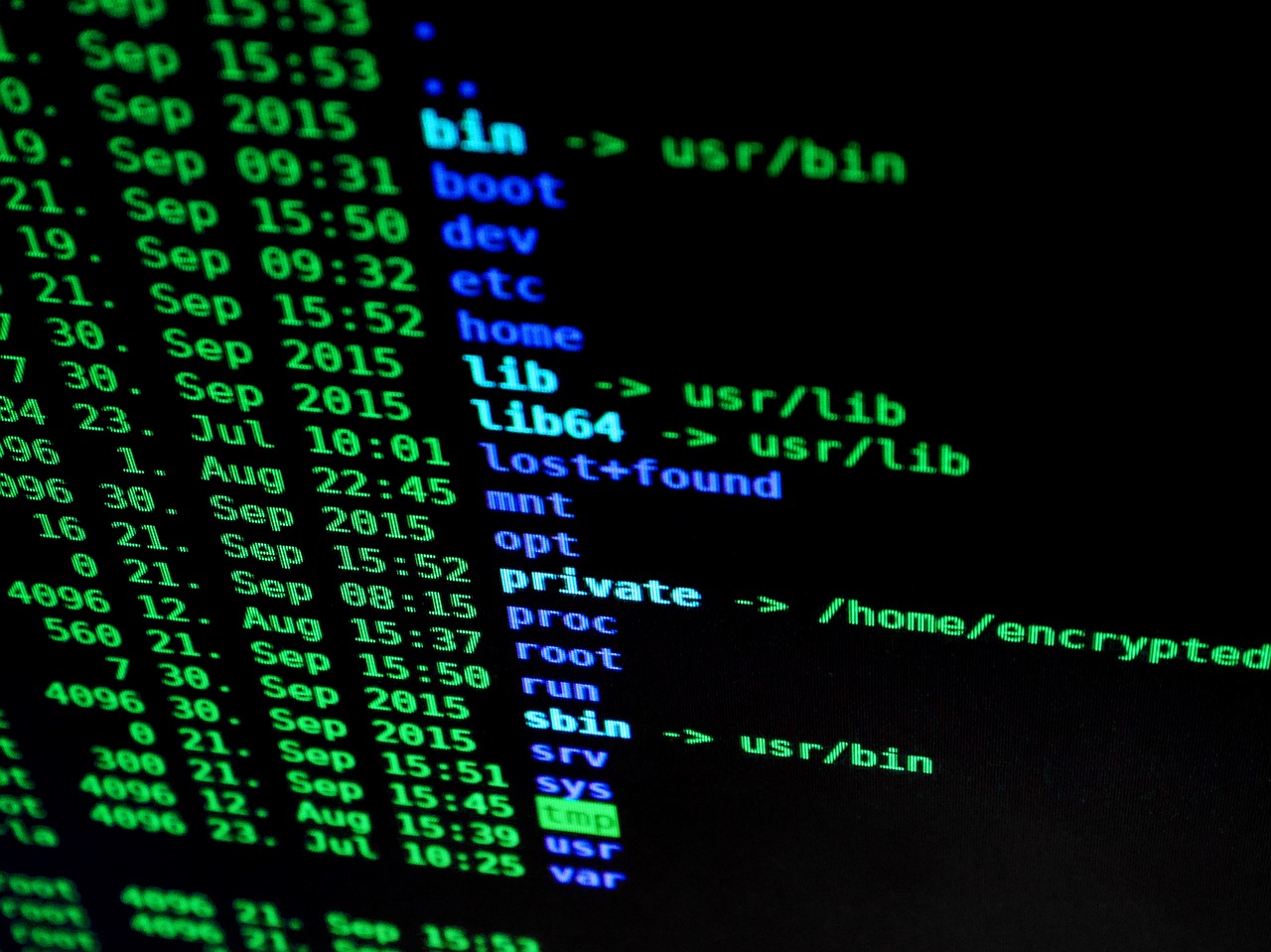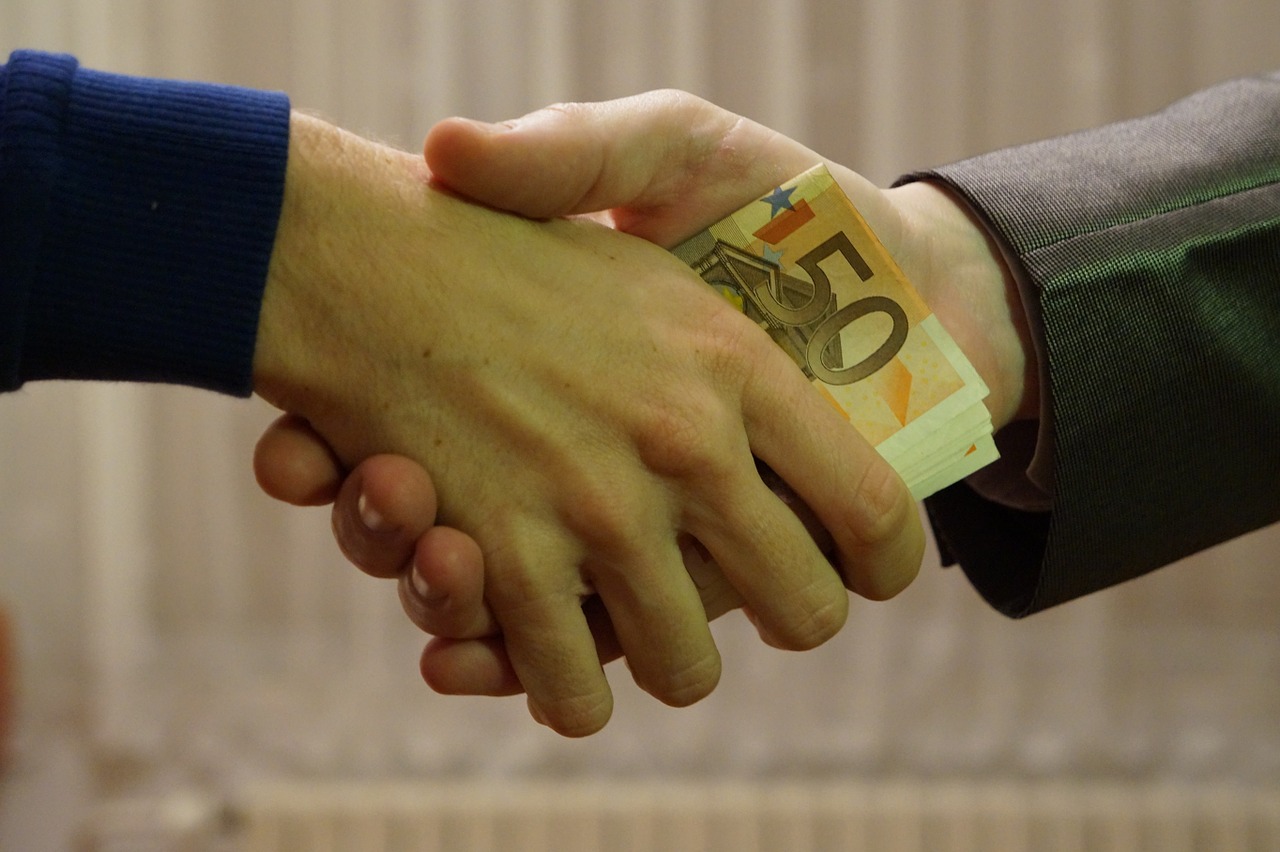
The evolution of the world as it relates to technology is so interesting as it keeps evolving and practically adding more and more features to the way we as humans interact with the world everyday.
28 years ago, a ton of people said the internet would be impossible, till it became everyone's source of information, entertainment, connection, call it what you will, anyone without access to the internet in this day is referred to as being archaic, sadly.
Then came the existence of centralized networks that helped create tools to foster connection and spread information between people around the world, we had/have networks/corporations like Yahoo, Facebook, Google, Bloomberg and the likes.
It wasn't long after, did humans realise that they needed to provide tools that will lead a much sane future, one that could be owned and ran by a community of people rather than the central entities, where privacy and financial freedom could thrive, eventually, based on facts, tech superiority and pure genius(A ton of mathematics), Decentralization was born through the Blockchain.
Today we see a power struggle between the traditional centralized ecosystems and the decentralized ecosystem's. Surely both have their advantages and disadvantages as I will highlight below with the most recent practical example available.
So if you're not living under a rock, you might have heard about the latest twitter Hack, I wrote about it here in real time, it was a total mayhem.

Basically the hackers took control over very high profile and celebrity accounts and pulled the traditional bitcoin scheme where they ask people to send them bitcoin with the 'promise' of sending them more back in return.
Source
While reading through @jrcornel's post today, then I saw a totally different perspective to the entire concept of centralization and decentralization, I call it Pseudo-Decentralization.
According to Google, pseudo means a resemblance or an imitation of something. Therefore, Pseudo-Decentralization will have the resemblance of centralization and decentralization and yet not be both. Interesting isn't it.
One fact that no one should deny is that blockchains are here to stay and from henceforth everything we build will be connected to it, whether we like it or not.
Back to the establishment of the idea of Pseudo-Decentralization. The Twitter hack was said to have gotten away with roughly $130k, while Coinbase reported to have blocked 1,100 accounts from transferring over $280k, here we see a centralized entity taking pragmatic actions and responsibility in securing the funds of their customers.
However, one slogan will always remain constant in the cryptosphere, "Not your key,'s not, your crypto", clearly, some people have proven to be incapable of being subjected to this culture. This to me seems like a loophole in the design of decentralization leading to the idea of Pseudo-Decentralization.

An ecosystem that is both centralized and decentralized simultaneously but is also insured. Although this is yet to be established but what is impossible in the world of technology, imagine a Pseudo-decentralized Coinbase, with their huge customer base and market reputation but also "fully insured". Do you think people with opt in this?
For example, Imagine Ethereum as it is, but they are also in charge of your keys just as you are, one day, you were driving, a zebra looking reindeer crossed the road, you had an accident, hit your head and can't remember where you stored your password, Ethereum will help you recover either the keys or the lost funds. Ethereum will basically have as much control over your account as much as you do.
When it comes to voting, it will be conducted in a totally decentralized manner without the interference of the centralized aspect.
Because Pseudo-Decentralized blockchains are insured, every lost fund is refunded, like when I mistakenly sent almost a thousand steem to the wrong account, Psuedo-Decentralized blockchains will either prevent such action or simply refund me.
On a serious note, the idea of storing your assets under an insured entity may not be on the radar for now, but the more newbies get into crypto and realise the existence of such option, albeit at a smaller fee compared to its counterparts, it might be considered, especially if its properly incentivized.
What do you think? Go P.D?
Sometimes I enjoy exploring my imagination....just thought to share this with you guys.
Thanks for reading.
Very interesting take on Pseudo-Decentralization. Thanks for the good read
Glad you enjoyed the read, sometimes i dont know where these thoughts come from
Cheers mate, I appreciate
Thanks for ur comment
Posted Using LeoFinance
An interesting topic. I view it more as a hybrid system and think it is a phase we will go through. We are not near a decentralized internet or world. Yet over the next decade, we will see us move in that direction.
Is it Pseudo-decentralized? Call it what we want, kind of like a DEX with KYC...it has a foot in both worlds.
Ultimately, most will move to decentralized since that is the way technology is going.
Posted Using LeoFinance
Imagine you fell for such scam(I know its impossible) but lets just imagine you did, but you had a chance at being fully refunded at a fee. Will you opt for it?
Yes a hybrid system. More like an insured DeX
Hmmn. I can't really tell, but i can speak for myself and for me, im going the fully decentralized way. Thats my ideal.
Thanks for your opinion
Posted Using LeoFinance
More like an insured dex
#posh
So did Coinbase block transfers having become aware of the Twitter hack?
Yep
That's something I didn't know!
I do remember they prevented a BTC transfer of mine a couple of years back, delayed it for about a week, so annoying!
I'm not entirely against such companies protecting people, but people do need to be aware of this control so they can use alternatives if they desire - as I understand it there are very few genuinely decentralised exchanges around?
There are "very few genuinely decentralized anything" around us. But we will get there, block by block :)